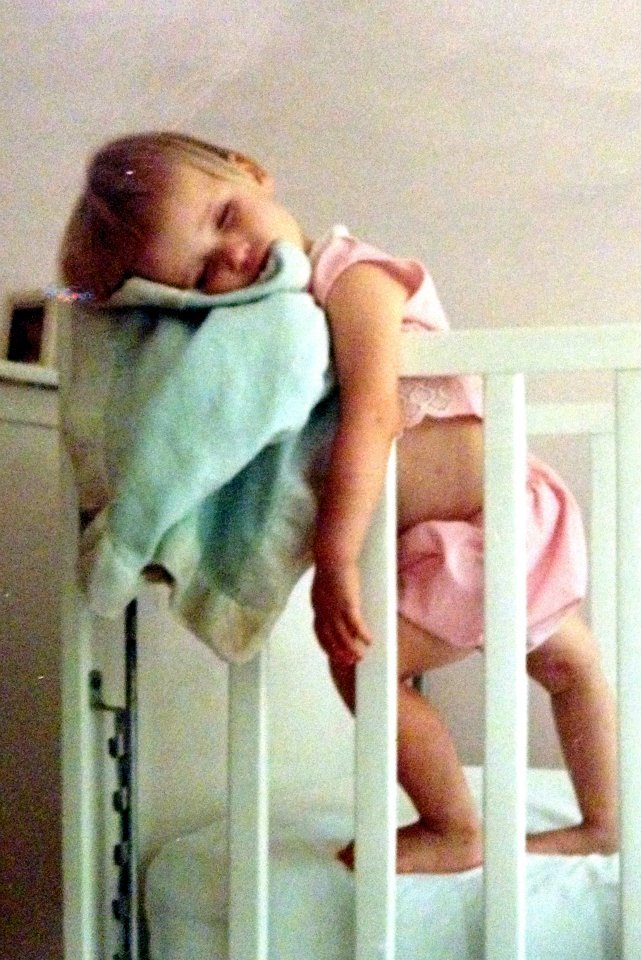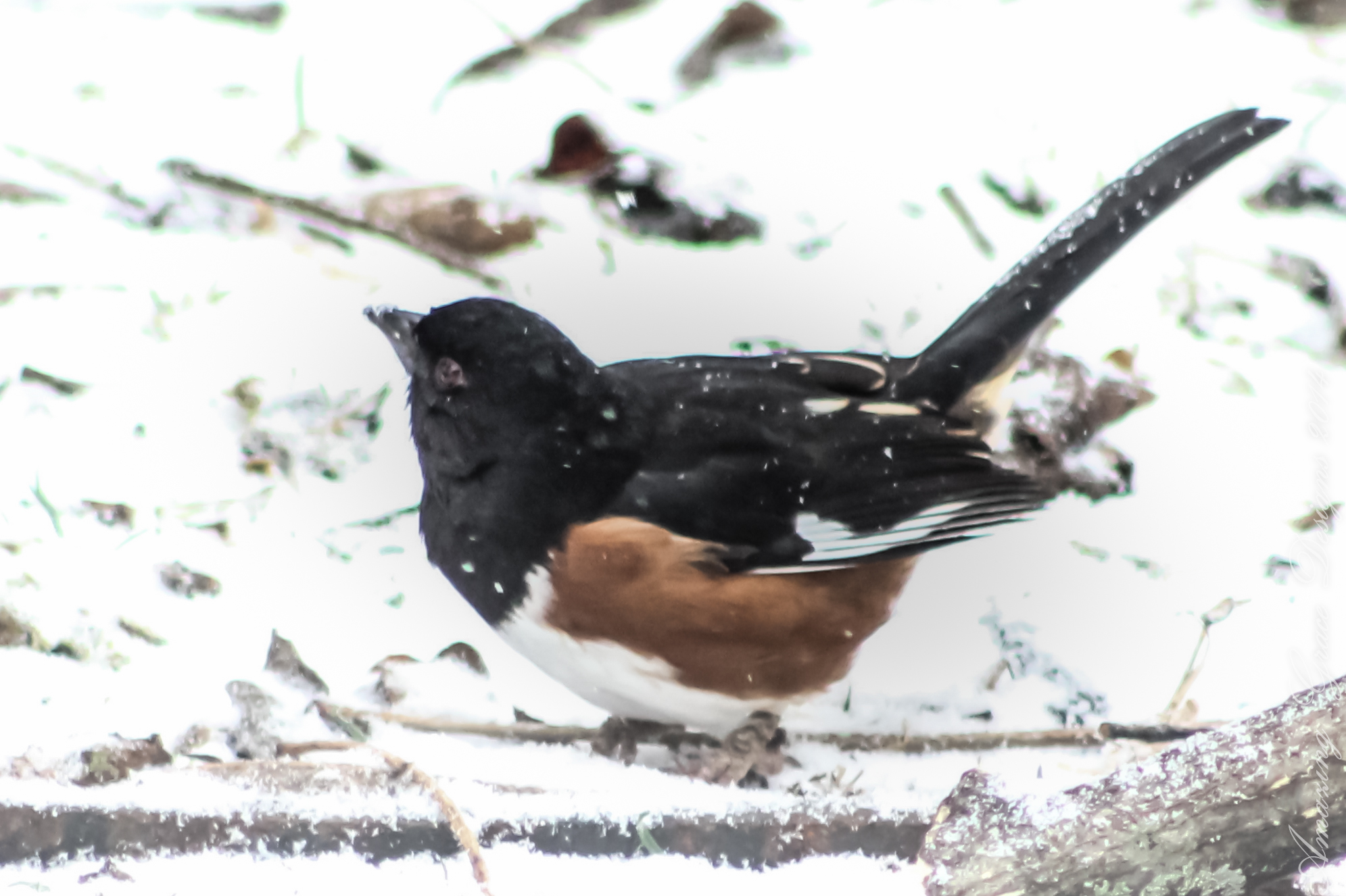Success Often Born from Failure
Success Often Born from Failure
“To be successful, one has to be one of three bees — the queen bee, the hardest working bee, or the bee that does not fit in.” Suzy Kassem, “Rise Up and Salute the Sun: The Writings of Suzy Kassem”
School is back in session and it’s one of my favorite times of year. I blame, or thank, my mother for my love of crisp new notebook paper, ink pens that are full of ink without chewed up tops, pencils freshly sharpened with erasers still intact, crayons still wrapped in their paper with pointed tips, and, of course, notebooks that haven’t had stickers stuck to them or pictures doodled upon their covers.
It’s true. I love school supplies, and my mother is the only person I know who might have more of a weakness than I for those treasures that are beautifully stocked and fairly priced when the back-to-school sales begin. Going back to school, whether we were the queen bee, the hardest working bee or the bee that didn’t fit in, and regardless of our love of school supplies, holds memories for each of us.
As students begin the year, most are full of excitement and anticipation for what lies ahead. Will they meet new friends, will the guy or girl they haven’t seen all summer be happy to see them, will the teachers be nice or will they announce the name that is on the birth certificate when all anyone has ever known is the nickname?
There is just so much to think about when you are heading back to school, and for those of us who have already been through school, there are experiences that were either good or bad that we hope our own children will get to experience or will be able to avoid. From preschool through college, kids will be overjoyed and they will be devastated. Life is just like that … so unpredictable.
School scenarios
In the early years of school, children might talk too much and not get their star or sticker one day. As they get older, cards have to be pulled when a child misbehaves, talks too much or doesn’t get their work finished.
Older still, marks go in the gradebook against a student who falls short of the teacher’s expectations for him or her. In most of these scenarios, there might be consequences to follow at home, though that doesn’t seem to happen as often today as when I was in school.
Which part did you connect with? Was it the mention of feeling as if you just didn’t measure up?
Maybe you tried really hard to sit quietly and not talk, but it was as if you might burst so you found yourself in trouble.
Perhaps as you got older, you felt that you just didn’t fit in anywhere and began to keep to yourself, not risking drawing attention to yourself. Maybe you even began acting out because the attention made you so uncomfortable.
It could be that you were always well-behaved and popular with students and teachers, but that doesn’t mean you didn’t have hard days. I don’t think it matters if you are 18 or 80, I am positive that school left an impression on you, just as it did on me.
We can’t change what our experiences were like so many years ago, or maybe just last year, but we can learn from those experiences and how they made us feel, and we can help others. After all, what good are our experiences if we don’t use them to help someone else?
What would you share with a young parent, a teacher or a student? For parents of young students, I would beg them to let it be OK for their child to not be perfect. Sure, some kids are just wired to seek perfection, but more often than not parents and teachers make failure a negative and success the only acceptable outcome.
Marian Wright Edelman had a great perspective when she said, “Failure is just another way to learn how to do something right.”
In a study at Queensland University, they discovered that one of the biggest problems for students today is overparenting. Overparenting is characterized in the study as parents’ “misguided attempt to improve their child’s current and future personal and academic success.” (The Atlantic, J. Lahey)
For some reason, we parents believe that our actions can ensure success for our children, when in reality our actions merely prolong our children’s experience of failure. I say “we” because while my actions might never have been as extreme as some discussed in the study, some of them were not very healthy for my children or for me.
Anything I ever did was done because I loved my kids, wanted to help and wanted to be sure they didn’t miss great opportunities. What I’ve learned in my more sane moments is that if we are doing something for our children that they could do for themselves, we’re enabling them and setting them up for some difficult days in life.
If you are a teacher, make an effort to help parents of students know what age-appropriate responsibilities are for their children. Don’t expect that parents already know.
If you are a parent, allow your children the dignity of doing things for themselves when possible.
If you think that doesn’t make sense, turn things around. What if your coworker wanted to “help” you by doing your job for you? Imagine how frustrated you might feel when you never had the opportunity to do your job because everything always was done for you before you could get to it.
We each have a job of some kind, and our sense of worth is often tied to being able to perform our job well. Maybe Kassam is right, that it’s all about being one of the bees.
Which bee were you as a kid, and which bee do you find yourself to be now? Success is a wonderful thing to enjoy, but how can you appreciate it if you’ve never not succeeded? How can you know a great chocolate chip cookie if you haven’t burned a few batches to be able to compare?



